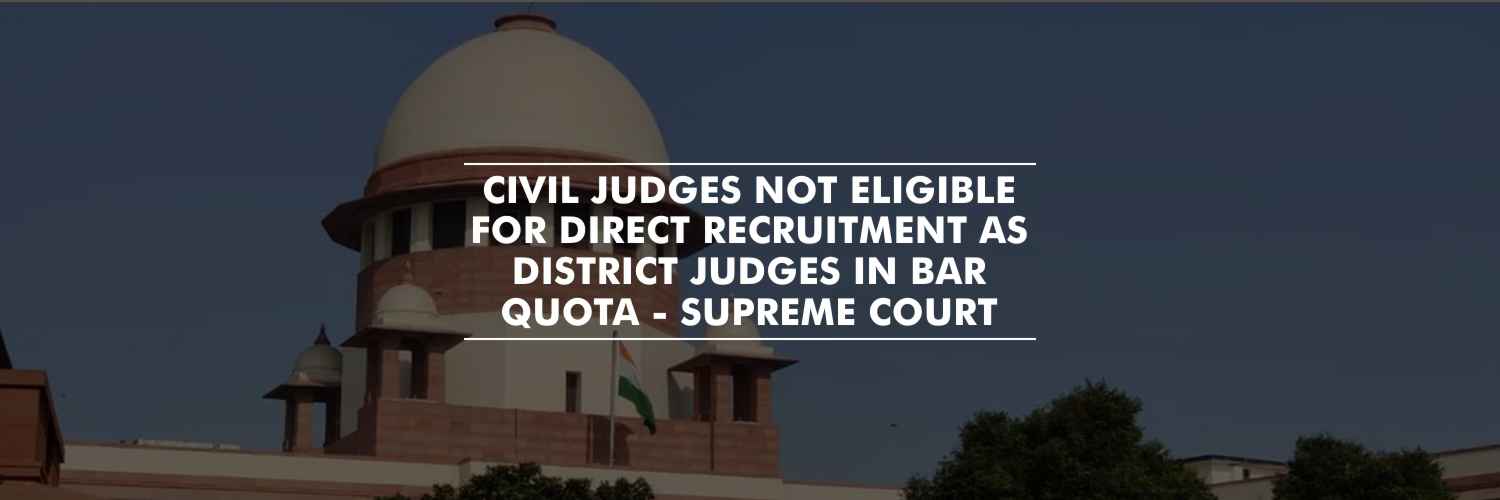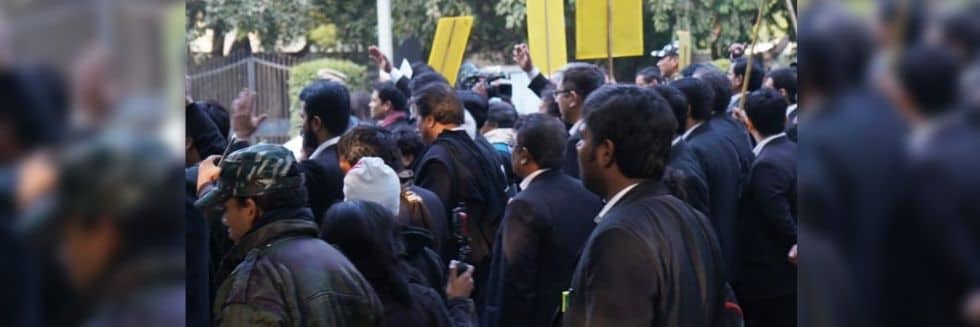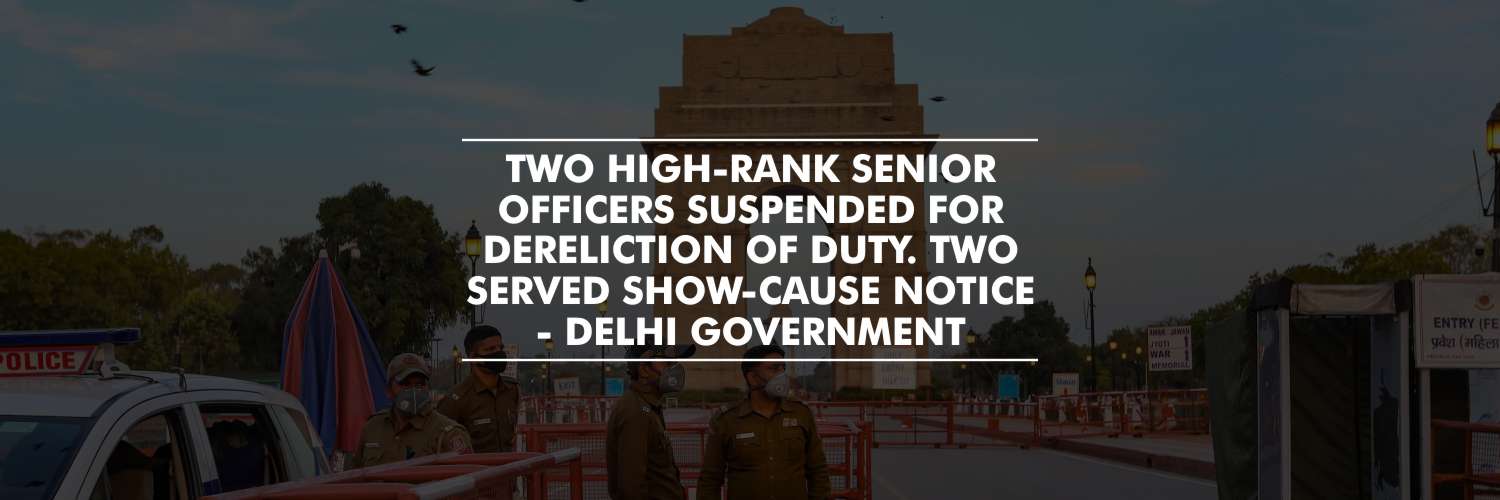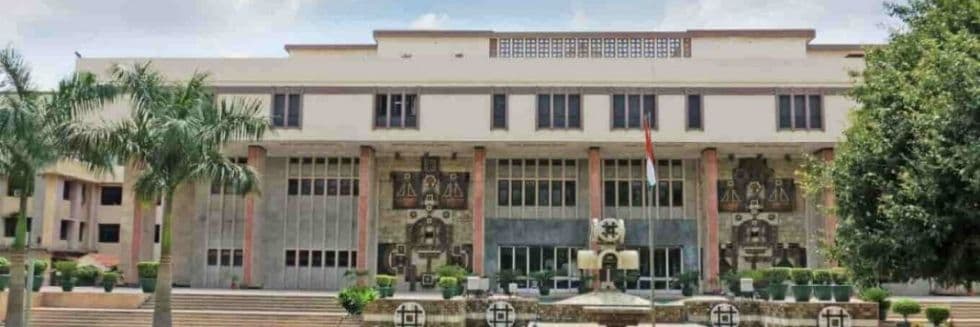Bar Council of India has issued a notification regarding the decision to scrap the one year LL.M course which was introduced in India in 2013. The post graduate degree in law, LL.M has to be two years divided into four semesters as per the notification issued by BCI Legal Education (Post Graduate, Doctoral, Executive, Vocational, Clinical and other Continuing Education) Rules, 2020.
The Rules states, “A Master Degree Program in Law of one year duration introduced in India in 2013(as per notification) by the University Grants Commission shall remain operative and valid until the Academic Session in which these Regulations are notified and implemented but not thereafter at any University throughout the country.”
The notification also mentioned the compulsion of three or five year LL.B course for the admission of LL.M courses.
As per the Rules 2020, a post graduate degree offered by an Open System to any graduate in any specialized branch of law such as Business Law, Human Right, International Trade Law without an LL.B/BA.LL.B degree as an entry level requisite qualification shall not be designated as LL.M.
The Master’s degree in Business Law may be designated as MBL, Master’s in Human Rights as MHR, Master’s in Governance and Public Policy as MGPP, Master’s in Industrial Laws as MIL etc but cannot be considered equivalent to LL.M.
The notification also stated that the the law graduates has to take Post Graduate Common Entrance Test in Law (PGCETL) to get admission in LL.M. Till the time PGCETL will be introduced, present system which is being followed by respective Universities shall be followed and once the entrance test will be introduced, the students will only be taken from the merit list.
The Rules also pointed out that an LL.M degree from a foreign university shall be equivalent to the LL.M degree obtained from Indian Universities only if the degree is obtained after LL.B degree either from foreign or Indian University which is equivalent to the recognized LL.B degree in India.
“LL.M degree obtained from a Foreign University, which has been prosecuted without an equivalent LL.B degree shall not be equivalent to Indian LL.M degree,” the rules said.
“However, one-year LL.M degree obtained after an equivalent LL.B degree from any highly accredited foreign university may entitle the person concerned to be appointed as a visiting professor in an Indian University for at least one year so as to consider such one-year LL.M degree with one year teaching experience as a Visiting Faculty/internee faculty/clinical faculty the Master degree obtained on one year term may be considered equivalent,” the rules said.
The Rules also lay down that it is the responsibility of the University to introduce and run LL.M program and cannot be sourced out to any affiliating institutions.
The notification also prescribes the conditions regarding the student teacher ratio not exceeding 1:10, maximum 20 students strength in every branch of specialization subject to an overall strength of 50 students in the LL.M program.
BCI has also decided to introduce two professional efficiency enhancement continuing education courses only for advocates enrolled with any State Bar Council.






